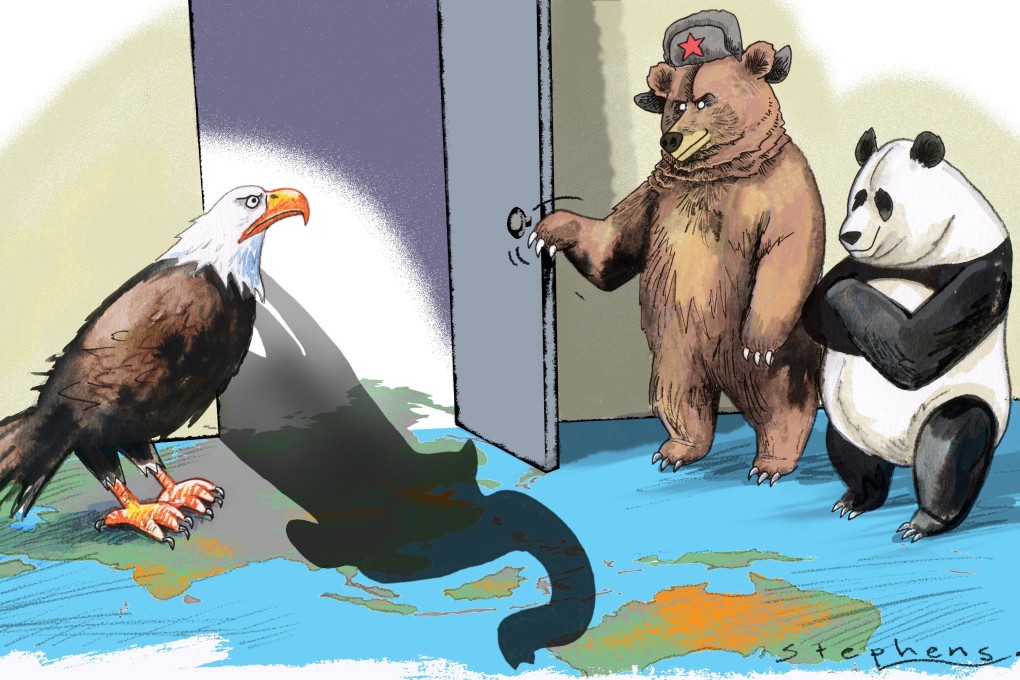Advertisement
Opinion | Why India is crucial to Russia and China’s goal of countering US influence in Indo-Pacific
- In a bid to oppose Washington’s diplomatic and military advances in the Indo-Pacific, Moscow and Beijing are seeking stronger ties with New Delhi
- While India has retained its neutrality over Ukraine and its relations with China remain tense, all sides know it is the cornerstone of the region’s security structure
Reading Time:4 minutes
Why you can trust SCMP
17

As the global security architecture gets chipped away, regional stability is also being eroded. There are numerous recent examples: the crisis in Taiwan, escalation of the Israeli-Palestinian confrontation in Gaza, deadly clashes in Iraq, and the resumption of fighting in Ethiopia’s Tigray region. All are exacerbated by the security crisis in Europe and its accumulating humanitarian and socio-economic costs.
These global and regional trends are interconnected. Destabilisation at the tremendous scale we are seeing in Europe – one of the world’s most important political and economic fulcrums – will have a domino effect on all other regions.
The intensifying competition between global powers in the Indo-Pacific is a case in point; the region has become the focus of increased geostrategic attention and military presence.
Advertisement
No sooner had China concluded its seven days of “unprecedented” military drills around Taiwan, on August 10, than Australia and other Nato allies began “Pitch Black” air combat exercises, which were Germany, Japan and South Korea also joined for the first time.
Beijing has been quick to follow up on its promise to make manoeuvres around Taiwan a routine practice, with the People’s Liberation Army launching a new round of drills ahead of a visit by US Republican Senator Marsha Blackburn to Taipei on August 26.
Advertisement
On August 29, it was reported that US President Joe Biden was planning to ask Congress to approve an estimated US$1.1 billion arms sale to Taiwan, featuring anti-ship and air-to-air missiles – systems that could come in handy given Beijing’s strategy of using warships and missiles to blockade the island.
Advertisement
Select Voice
Select Speed
1.00x
